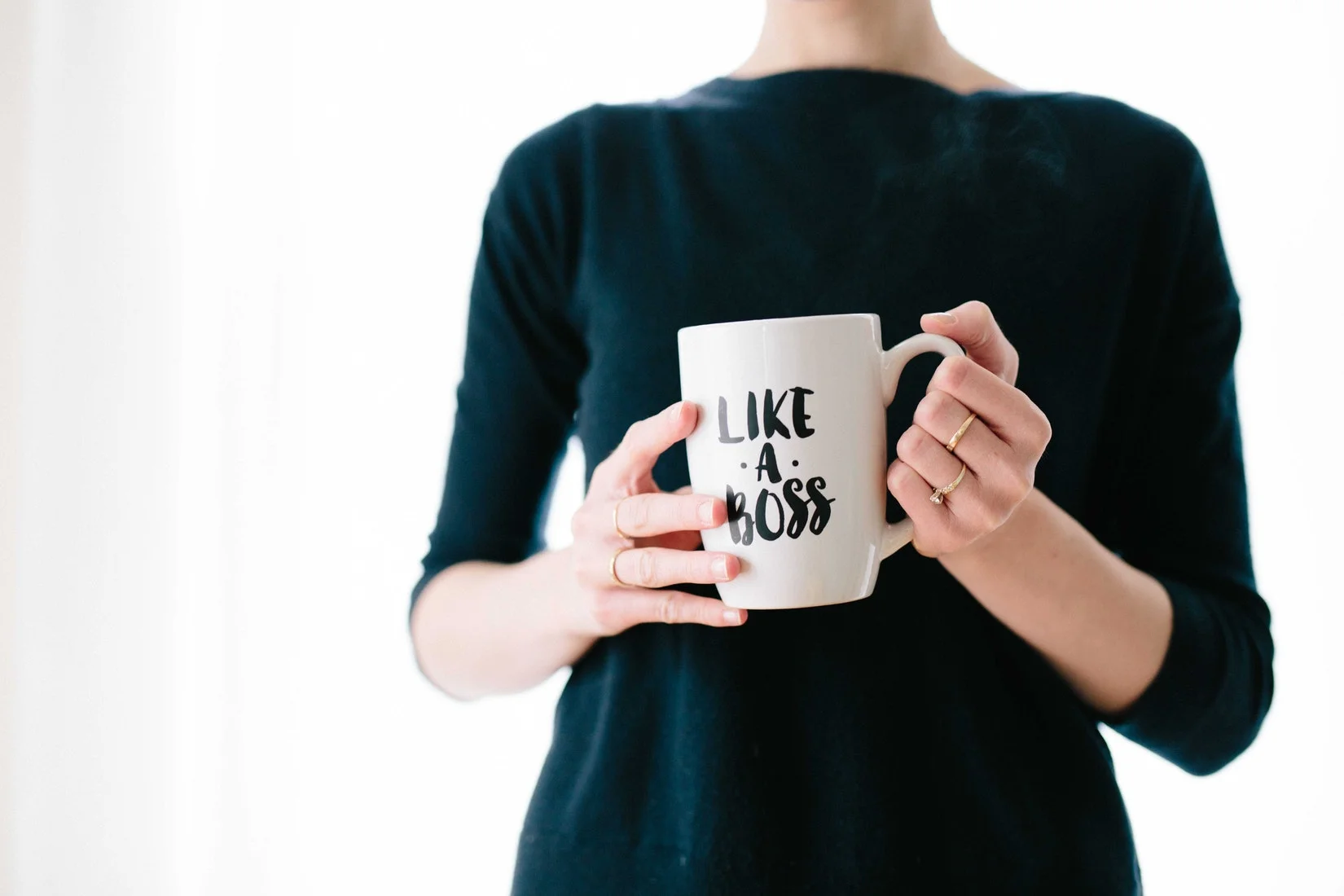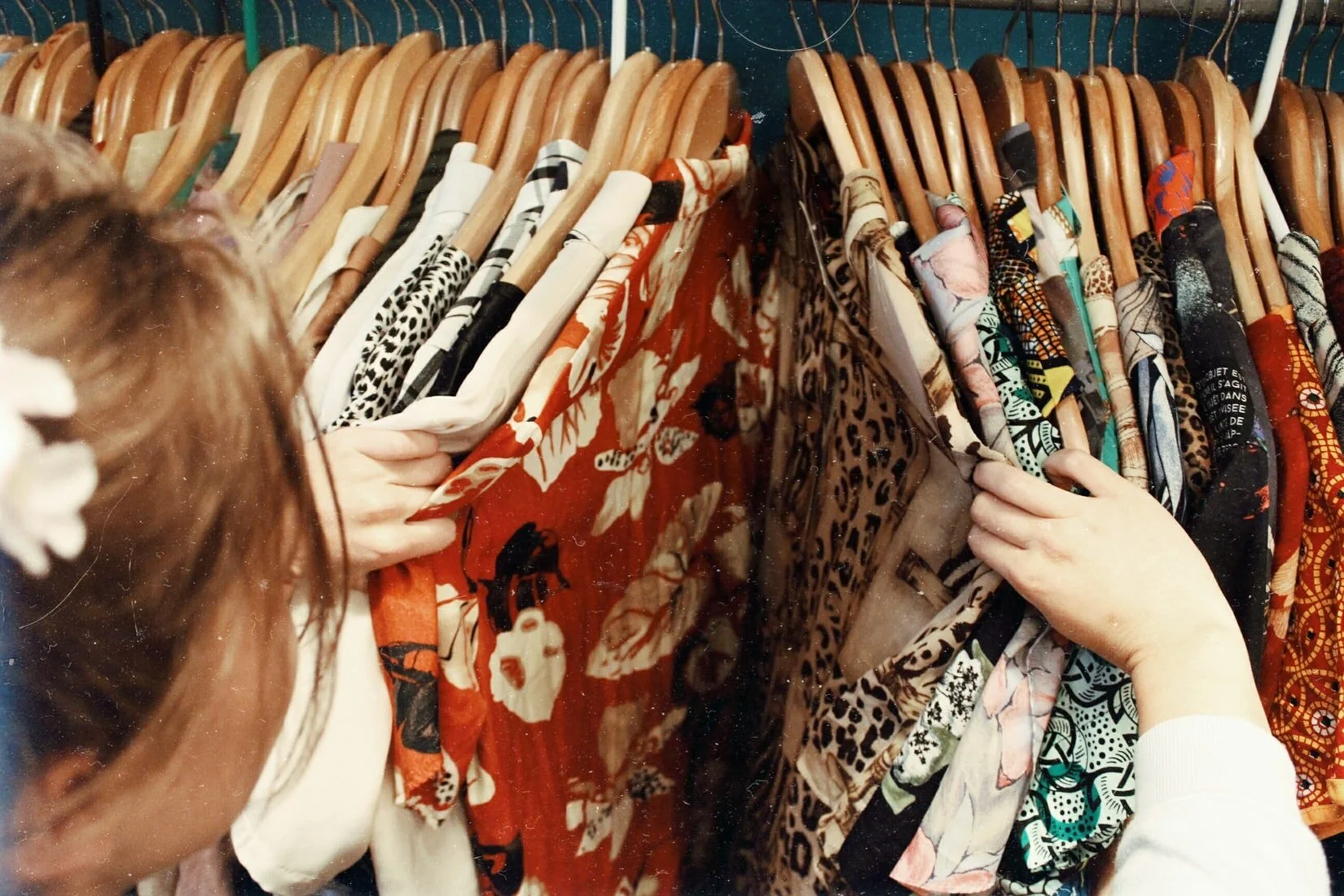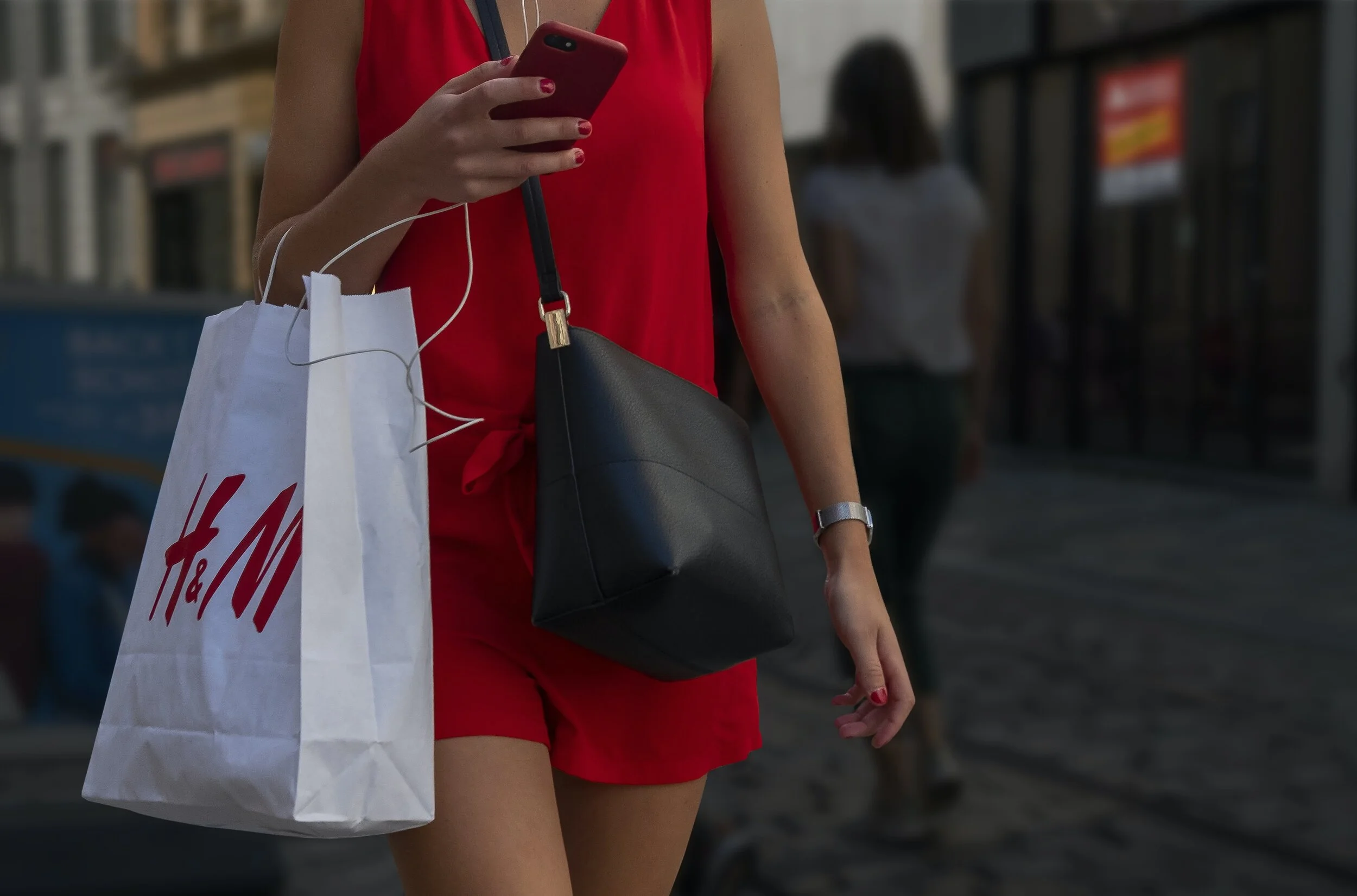Is It Time For You To Think More Ethically When It Comes To Your Wardrobe?
Let me guess: you’ve got a mountain of clothes in your wardrobe. That dress you’ve only worn once. That t-shirt you don’t really like, but can’t bring yourself to throw out. Despite the selection, you rotate around the same outfits, day in, day out.
The average Brit spends more than £1,000 a year on clothes. And don’t get me wrong – everybody likes to treat themselves to a new pair of shoes every now and then. We all like to splash out because it’s finally pay day. But do you give much thought into how ethical your fashion habits are? Clueing yourself up can really open your eyes to the corrupt side of the industry, while helping the environment and getting some good karma along the way.
So, you admit it – you could do with condensing down your wardrobe. But what happens to all the stuff we throw away? The UK reportedly binned £12.5 billion worth of clothes last year. 12.5 billion. Imagine how much landfill that takes up. Imagine how many charities that could have helped. Don’t dump your perfectly wearable, last season gear in the bin when other people would probably wear it. Swap with a friend. Put it in a charity bag. Or sell it on Depop, the second-hand clothing app.
Speaking of second-hand, don’t just limit yourself to the same high-street stores. Charity shops aren’t just for old fogies these days. You can find designer bargains hanging patiently at the back of any vintage store, and they’ll be just a smidgen of the price of their lookalike in Topshop.
It’s okay to get some clothes from the generic shops, but it never hurt anyone to do a bit of research. Today’s society is becoming much more aware, with more people rejecting make up from non-cruelty-free brands. But many of us overlook the fashion industry as a whole. An estimated one in six work in a part of the fashion industry globally today, making it the most labour-dependent industry. That doesn’t make it the fairest.
How many times do we mindlessly become victim to the latest predatory sale signs, never giving much thought beyond the price tag. When do we ever stop to think I wonder who made this? I wonder how much they were paid?
A big industry has big pressures. To maximise profits, clothing is often manufactured in developing countries, where workers spend long hours in poor conditions for little money. Many of us will remember the Rana Plaza accident in 2013, where a sweatshop collapsed in Bangladesh and the death toll passed 1,000. People don’t see clothing as a particularly dangerous line of work, and it shouldn’t be.
Just be mindful of where you get your clothes from. You might be able to get a 'This is what a feminist looks like' t-shirt in H&M, but it’s also the brand whose workers are still campaigning for minimum wage in Cambodia. And by minimum wage, they mean less than $200 a month. Expensive, right?
The trendsetters might make you feel good. They might make you feel edgy or glamorous or however the hell you want to feel. And you should feel good – you deserve to. But at what cost?








